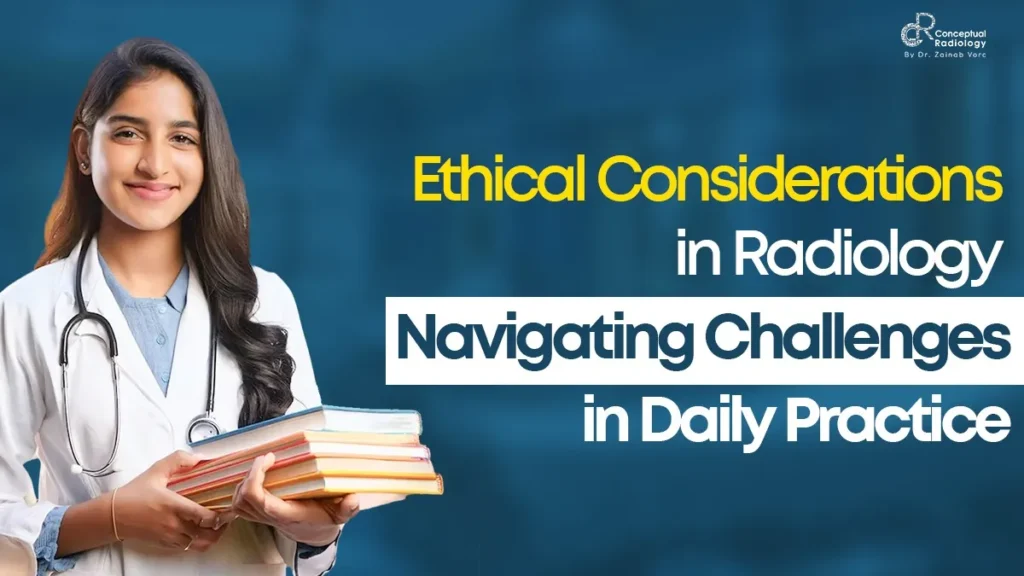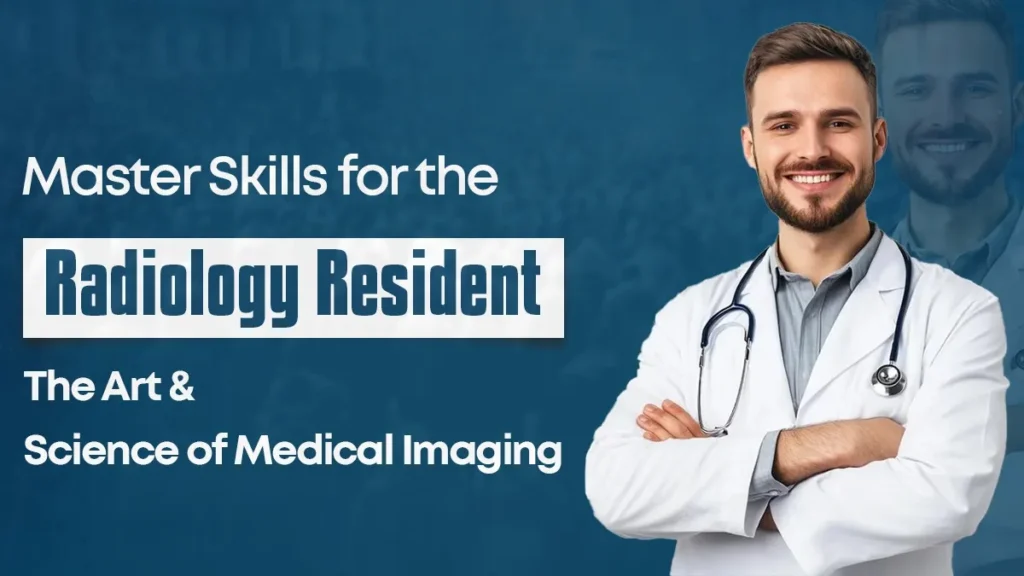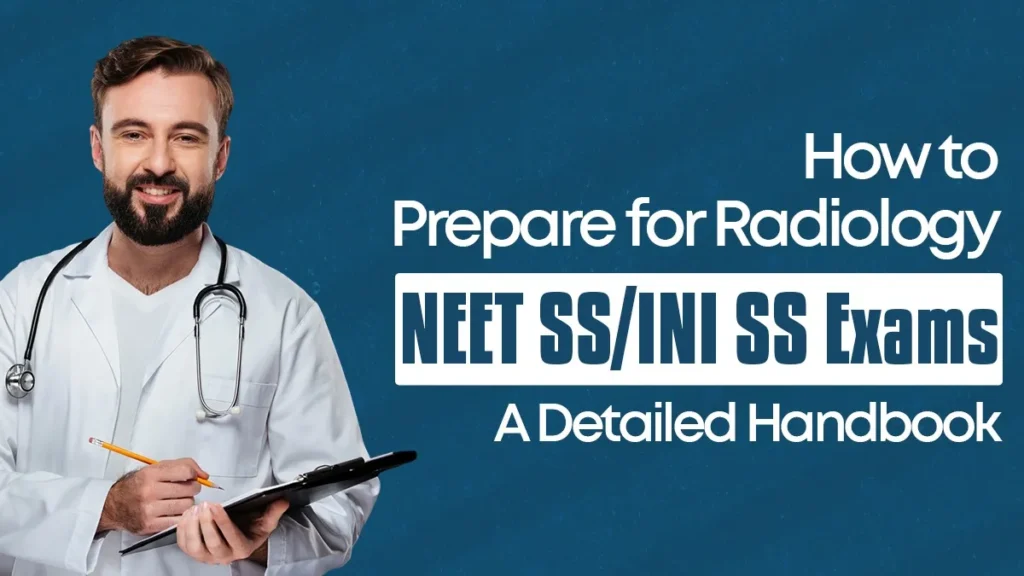Struggle Of Radiology Residents During Residency

Struggle Of Radiology Residents During Residency Behind those glowing monitors and precise scan interpretations is a world few truly understand, the quiet, intense reality of a radiology resident. While so many people see radiology as an easy or non-clinical field, this is the outer story; those who live it know the truth. It’s a challenging […]
Tips for First-Year Radiology Residency

Tips for First-Year Radiology Residency Entering a radiology residency training program as a junior resident doctor can be both exciting and overwhelming. Transitioning from being an intern doctor to a resident of radiology brings new challenges, responsibilities, and learning opportunities. To guide you through this crucial phase, here are some essential tips that will help […]
Ethical Considerations in Radiology: Navigating Challenges in Daily Practice

Ethical Considerations in Radiology: Navigating Challenges in Daily Practice Radiology serves as the backbone of a diagnostic decision-making process and is quite a crucial branch. However, with increasingly complex radiologic technologies and practices, the world of radiology brings various ethical dilemmas to the table, so it becomes all the more important to understand how to […]
Spotters Cases in Radiology: A Complete Guide to Sharpening Diagnostic Skills

Spotters Cases in Radiology: A Complete Guide to Sharpening Diagnostic Skills As far as the speciality of radiology is concerned, it is critical for every new radiology trainee to rapidly identify key anatomical structures and common pathologies, which is essential for every radiology resident. Radiological spotters are the best resources to study radiology during your […]
Master Skills for the Radiology Resident: The Art and Science of Medical Imaging

Master Skills for the Radiology Resident: The Art and Science of Medical Imaging Being part of the fast-moving world of medical imaging, becoming a qualified diagnostician through the study of radiology demands clinical and professional challenges. The very purpose of a radiology residency training program is to prepare the future radiologists for the healthcare specialty […]
How to Prepare for Radiology NEET SS/INI SS Exams: A Detailed Handbook

How to Prepare for Radiology NEET SS/INI SS Exams: A Detailed Handbook A comprehensive plan is required for a radiology resident aiming to sit for the NEET SS exam or INI SS exam. You have to maintain a balance between duty requirements at the hospital and time devoted to studying. This handbook will guide you […]
